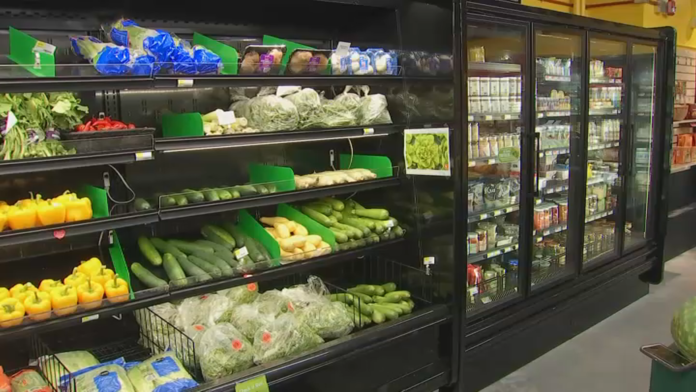The city of Boston is currently exploring a novel solution to combat widespread food insecurity within its communities. City councilors are seriously considering the creation of municipal grocery stores operated by the local government. This proposal aims to directly increase access to fresh and affordable food for all residents. The concept of publicly owned markets is rapidly gaining significant traction in several major American cities nationwide. Boston officials recently held a formal hearing to thoroughly investigate this innovative policy idea. They have now firmly committed to studying implementation models from other municipalities very closely.
Atlanta, Georgia, provides a compelling contemporary example of this very concept in actual practice. The city proudly opened its first-ever municipal grocery store named Azalea Fresh Market earlier this year. Atlanta Mayor Andre Dickens recently provided impressive initial sales figures from the store’s operation. He confirmed the market has already served more than twenty thousand individual customers since its grand opening. Fresh produce sales have notably exceeded the current national average for grocery stores significantly. These early results strongly indicate a deep community demand for healthier food options that was previously unmet.
The early success of Atlanta’s municipal grocery stores is inspiring similar policy discussions in other major urban centers. New York City mayoral candidate Zohran Mamdani actively champions this idea as a core part of his platform. He argues that city-owned stores are essential for addressing severe affordability crises affecting residents. Despite this growing momentum, many policy experts remain deeply skeptical about the government’s role in groceries. Several prominent economists have issued strong warnings against this specific approach to solving food access problems. They believe such initiatives fundamentally misunderstand how efficient retail markets actually function.
Ryan Bourne from the Cato Institute suggests that municipal grocery stores represent a fundamentally flawed idea. He argues that governments inherently lack the specialized knowledge and profit incentives of private retailers. Without these crucial elements, a public store would likely operate very inefficiently and require permanent subsidies. Another expert from the Manhattan Institute pointed to a specific failed store in Kansas City as a cautionary tale. That city-run grocery store closed its doors permanently despite a massive twenty-million-dollar initial public investment.
Critics universally agree that reducing taxes and regulations represents a superior alternative solution. They argue that encouraging private enterprise would naturally solve food desert issues more effectively. Community-based food pantries and local nonprofits could also help families more efficiently than government stores. The debate over municipal grocery stores highlights a deeper philosophical divide about government’s economic role. Boston’s continued study of this concept will certainly influence other cities across the entire nation considering similar actions. The final decision will significantly impact how urban centers tackle the persistent challenge of food insecurity.


